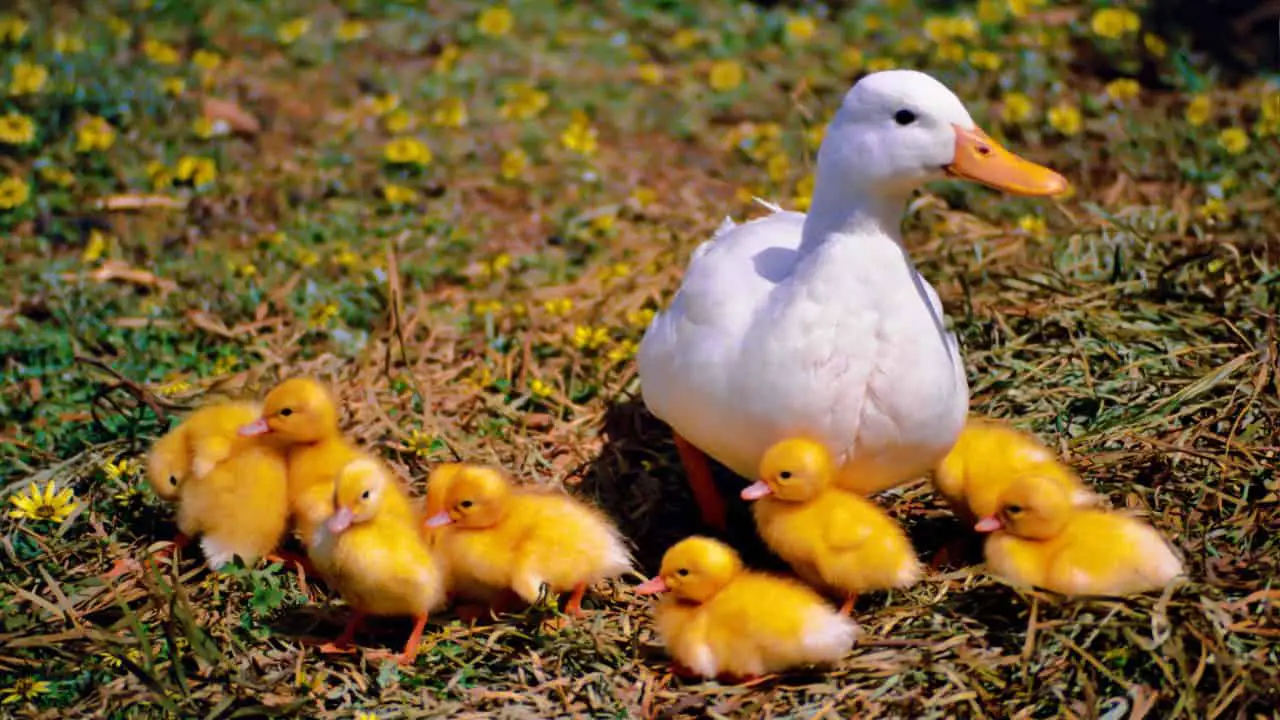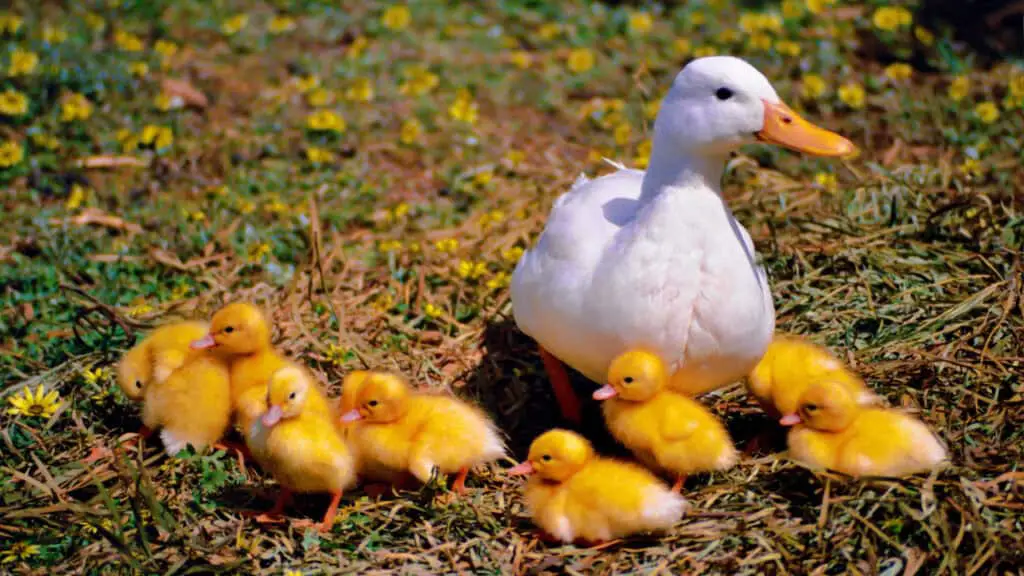
Raising ducks in our backyard started out as a dreamy little idea—picture-perfect waddles, fresh eggs, natural pest control, and a quirky addition to our small homestead. But spoiler alert: things got messy (literally), and we learned a lotthe hard way.
If you’re thinking about raising ducks or already knee-deep in duck manure, I hope this helps you skip a few of the rookie errors we made. Ducks are wonderful, but they’re definitely not low-maintenance lawn ornaments. Here’s what went sideways—and what we’d do differently.
1. Underestimating How Messy Ducks Really Are
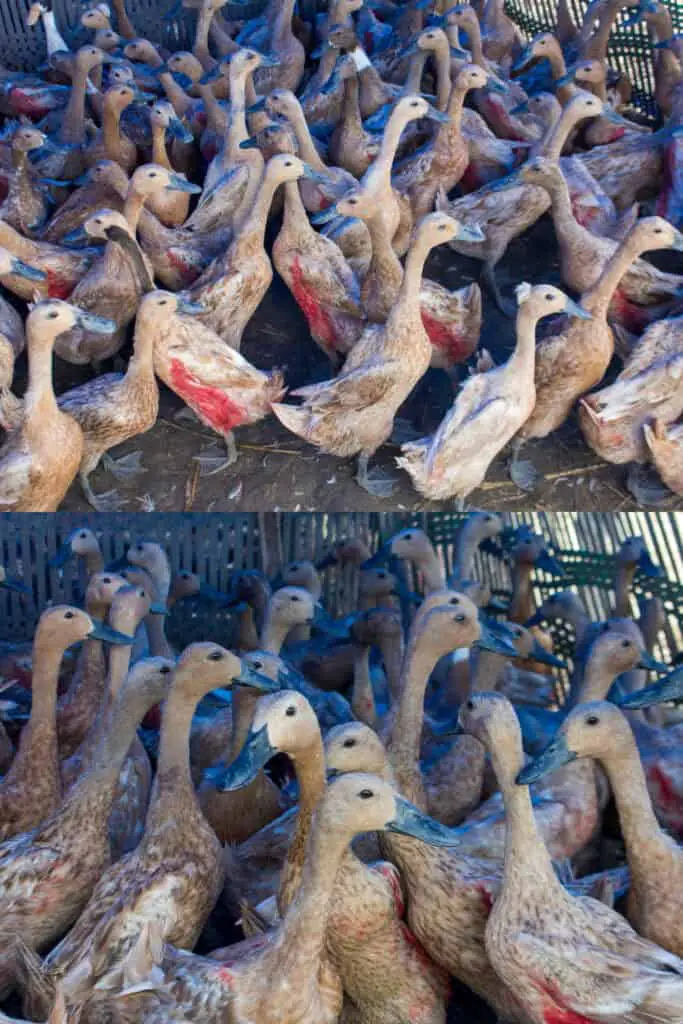
The biggest surprise? Duck manure. So much of it. Everywhere.
Unlike chickens, ducks don’t have neat little droppings—they have wet, splattery messes that seem to multiply overnight. We thought we could let them roam a small area and that it would stay somewhat clean. Nope. Within days, it was a soggy disaster zone that smelled worse than we ever expected.
What we wish we knew:
• Rotate their outside duck pen regularly (even every couple of days)
• Use straw, mulch, or pine shavings to help soak up moisture
• Consider building a simple slatted floor in parts of your pen for ducks to help things dry faster
• Plan for easy hose-down cleanup zones, especially near water or food bowls
Ducks love water, but they also turn any water source into a muddy puddle in no time. Lesson learned.
2. Thinking a Chicken Coop Would Work Just Fine
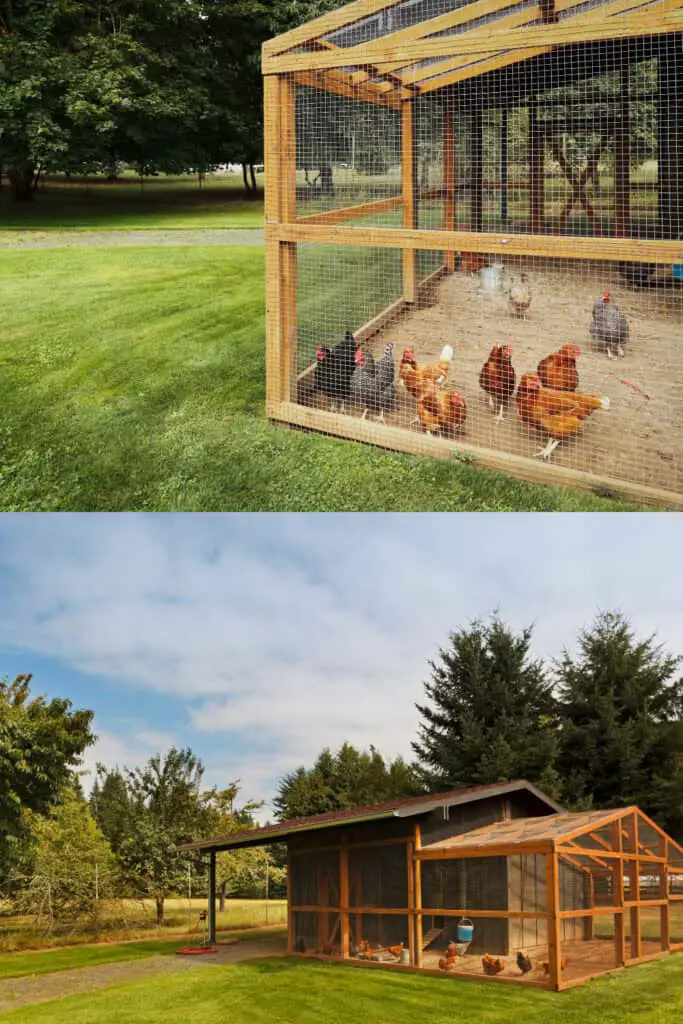
We already had a chicken setup and figured, “Hey, ducks and chickens are kinda similar, right?” Wrong.
Ducks have different needs—especially when it comes to how they sleep. Chickens love to roost up high, but ducks prefer to sleep on the ground. They also don’t go inside on their own as easily at night.
Where we went wrong:
• We didn’t build a low, sheltered area with proper airflow
• Our coop didn’t have enough headroom for them to waddle in comfortably
• We didn’t train them to go inside at night soon enough
The best duck house is roomy, ventilated, secure from predators, and low to the ground. Bonus points for being easy to clean!
3. Not Planning the Pen Location Carefully
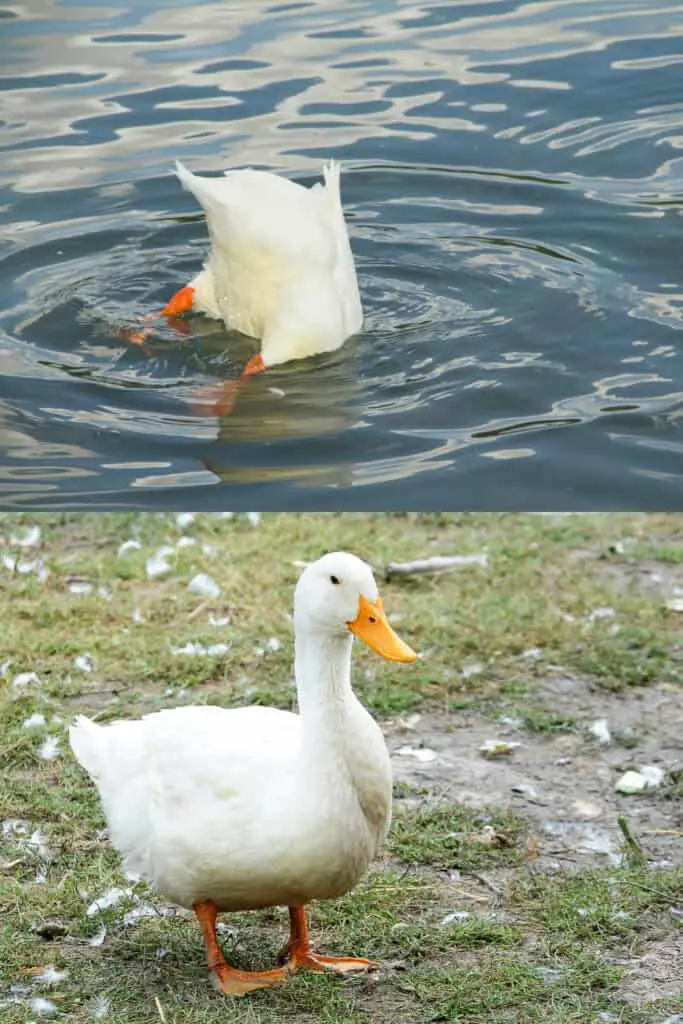
At first, we put our ducks near the edge of our garden. It was peaceful and scenic—until we realized it was also the lowest part of our yard. That meant it flooded when it rained… and guess what? Ducks love to splash, but they hate swimming in their own filth.
Things we’d do differently:
• Choose a high, well-drained spot for the outside duck pen
• Keep it close enough to the house that checking on them doesn’t feel like a trek
• Add shrubs or fencing around the area to protect from wind and wandering eyes
If you’re using duck coops DIY cheap, just make sure they’re raised slightly and include a dry resting area.
4. Starting Without a Clear Purpose
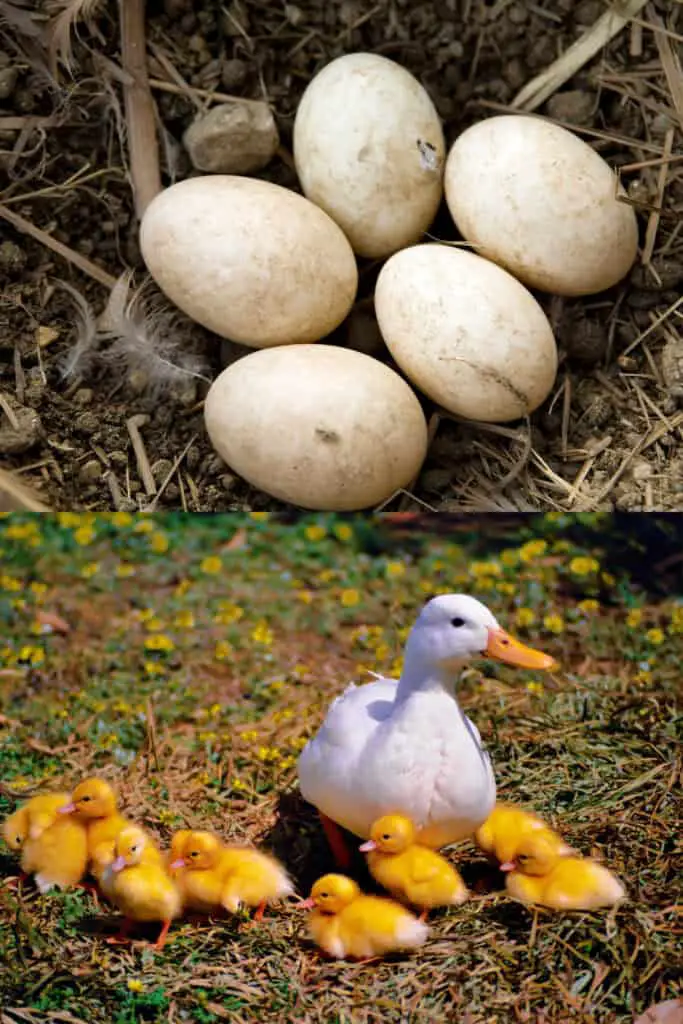
Were we raising ducks for eggs? For pest control? Raising ducks for meat? At first, we didn’t really know—we just loved the idea of having ducks.
But different duck breeds and setups serve different goals. If you’re not clear on your purpose, it’s easy to end up overwhelmed.
What we’ve learned:
• Some breeds (like Pekins) grow fast and are ideal for meat
• Others (like Khaki Campbells) are more reliable for egg production
• All ducks need safe housing, clean water, and mental stimulation
Once we figured out why we were raising them, it became much easier to structure their space and routine properly.
5. Not Appreciating How Great Ducks Can Be
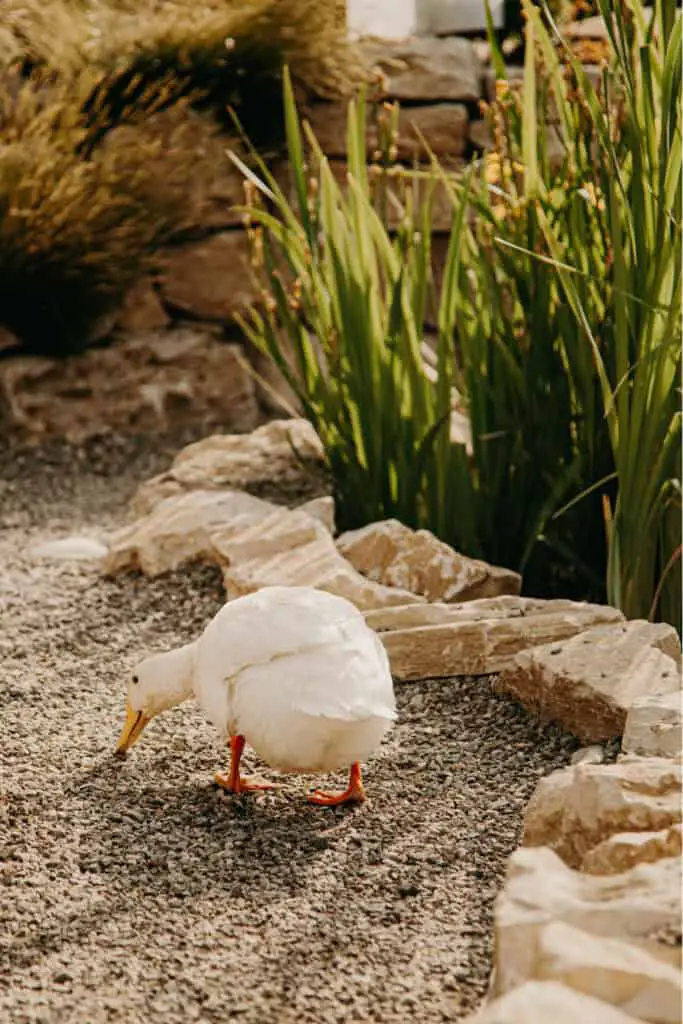
Okay, this one’s not a mistake exactly—but it was a missed opportunity. Early on, we focused on what wasn’t working: the mud, the noise, the daily messes. But once we paused to actually observe our ducks, we realized how hilarious, calming, and just plain sweet they are.
The true benefits of having ducks:
• They eat slugs and bugs like little garden heroes
• They lay large, rich eggs
• They’re funny, curious, and surprisingly affectionate if raised with care
• Watching them waddle around in a clean, well-managed pen is pure joy
We’ve now adjusted our setup and expectations—and we honestly wouldn’t go back.
Final Thoughts
Backyard ducks are not for the faint of heart (or for those hoping to stay clean), but they are deeply rewarding. If you’re wondering what you need to raise ducks, here’s the short list: patience, a solid duck enclosure, drainage planning, a sense of humour, and a lot of fresh straw.
We made some big mistakes—messy ones, muddy ones, and expensive ones. But we also learned how to give our ducks the kind of home they deserve: clean, spacious, safe, and full of love.
And now? Our ducks are thriving—and so are we.

